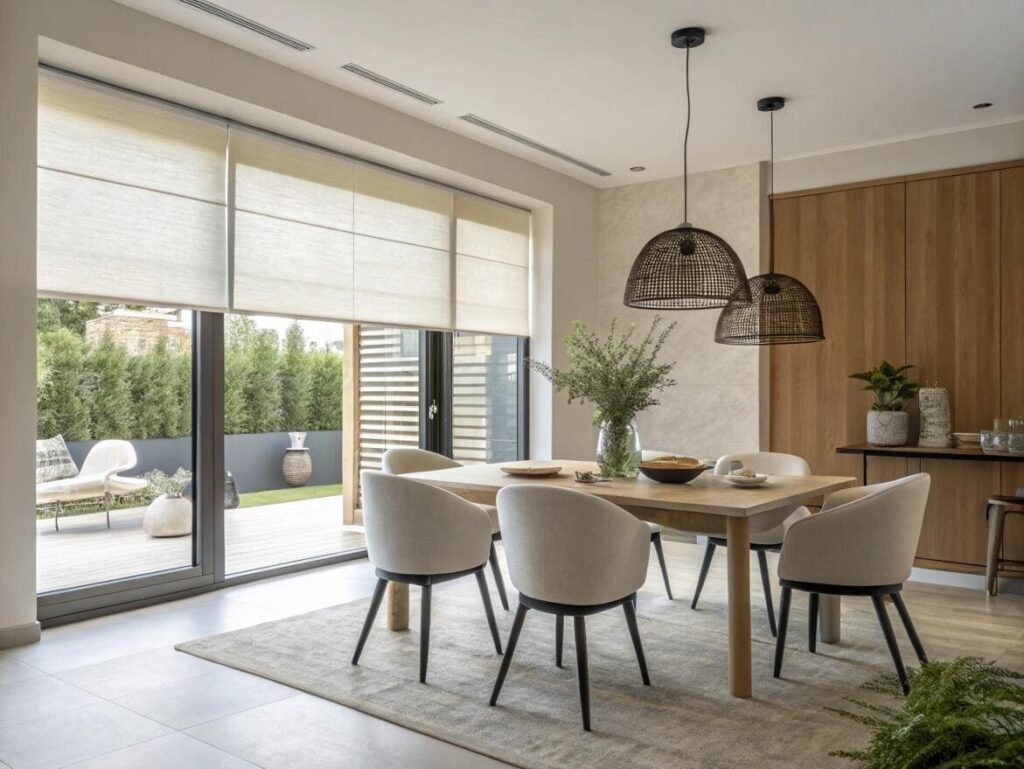Choosing between smart blinds[^1] and curtains feels like a huge commitment. You're not just picking a style; you're deciding on a core piece of your smart home's infrastructure.
Smart blinds are the superior choice for a sleek, integrated smart home, offering precise control and energy efficiency. Smart curtains excel at adding softness, luxury, and acoustic dampening. The wiser investment depends on whether your project prioritizes architectural minimalism or layered, traditional comfort.

This decision has moved far beyond a simple aesthetic preference. When I talk to top interior designers and smart home integrators like Emma, the conversation isn't about fabric versus slats anymore. It's about ecosystem architecture. They're asking about Matter compatibility[^2], long-term ROI[^3], and system reliability. They are making a strategic investment in the home's core infrastructure, and the window coverings have become a critical part of that plan. Let's break down this decision from an investment and integration perspective.
Are smart window coverings truly worth the investment?
You're looking at the budget, and the cost for automation is significant. You need to know if this is a valuable long-term asset or just an expensive, fleeting gadget.
Yes, smart window coverings are worth it. They directly increase a home's marketability and perceived value by adding safety, energy efficiency, and modern convenience. It’s an investment that pays dividends in daily life and at resale.
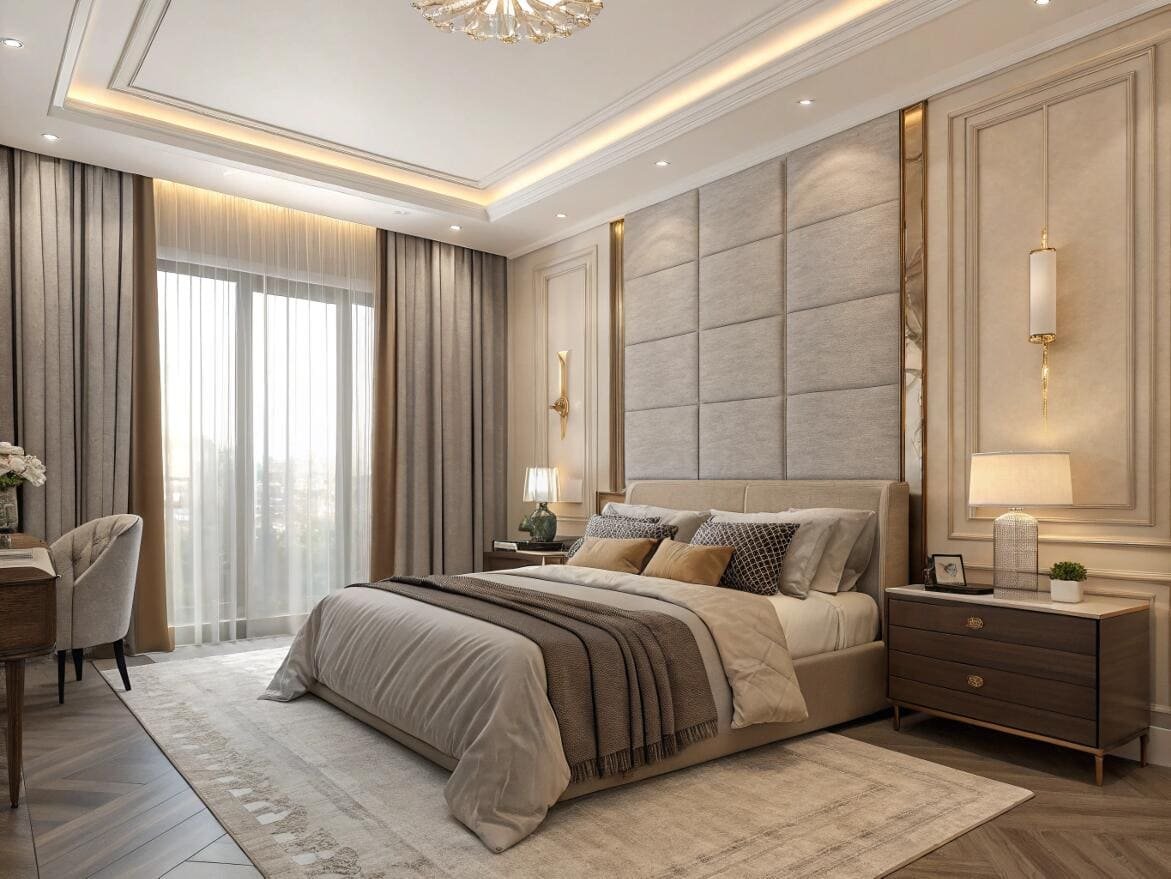
When my clients analyze the cost, I encourage them to look at the 5-year total cost of ownership, not just the upfront price. The real return isn't just in the convenience. It’s in the tangible savings on energy bills when blinds automatically close to block summer sun. It's in the added layer of security when they operate on a schedule while the homeowner is away. Appraisers now recognize smart home integration as a key feature that boosts a property's value, making it a quantifiable asset. This isn't an expense; it's an investment in a home's intelligence and efficiency.
Investment-Grade Automation: A Value Breakdown
| Feature | Smart Blinds | Smart Curtains | Investment Value |
|---|---|---|---|
| Energy Efficiency | Excellent (Cellular Shades) | Good (Thermal Curtains) | Lowers HVAC costs; a key selling point. |
| Safety | Excellent (Cordless by nature) | Excellent (No cords) | Top priority for families; reduces liability. |
| Property Appeal | High (Modern & tech-savvy) | High (Luxurious & elegant) | Increases marketability and perceived value. |
| Security | Good (Scheduled automation) | Good (Scheduled automation) | "Vacation mode" creates a lived-in look. |
Which one is better, smart curtains or blinds?
The choices feel overwhelming. You need a clear winner for your project, but both options offer compelling benefits, leaving you stuck in indecision.
Neither is universally "better." Smart blinds are better for precise light control and a minimalist aesthetic. Smart curtains are better for creating a soft, luxurious feel[^4] and providing superior sound insulation. The best choice is dictated by the room's function and architectural style.
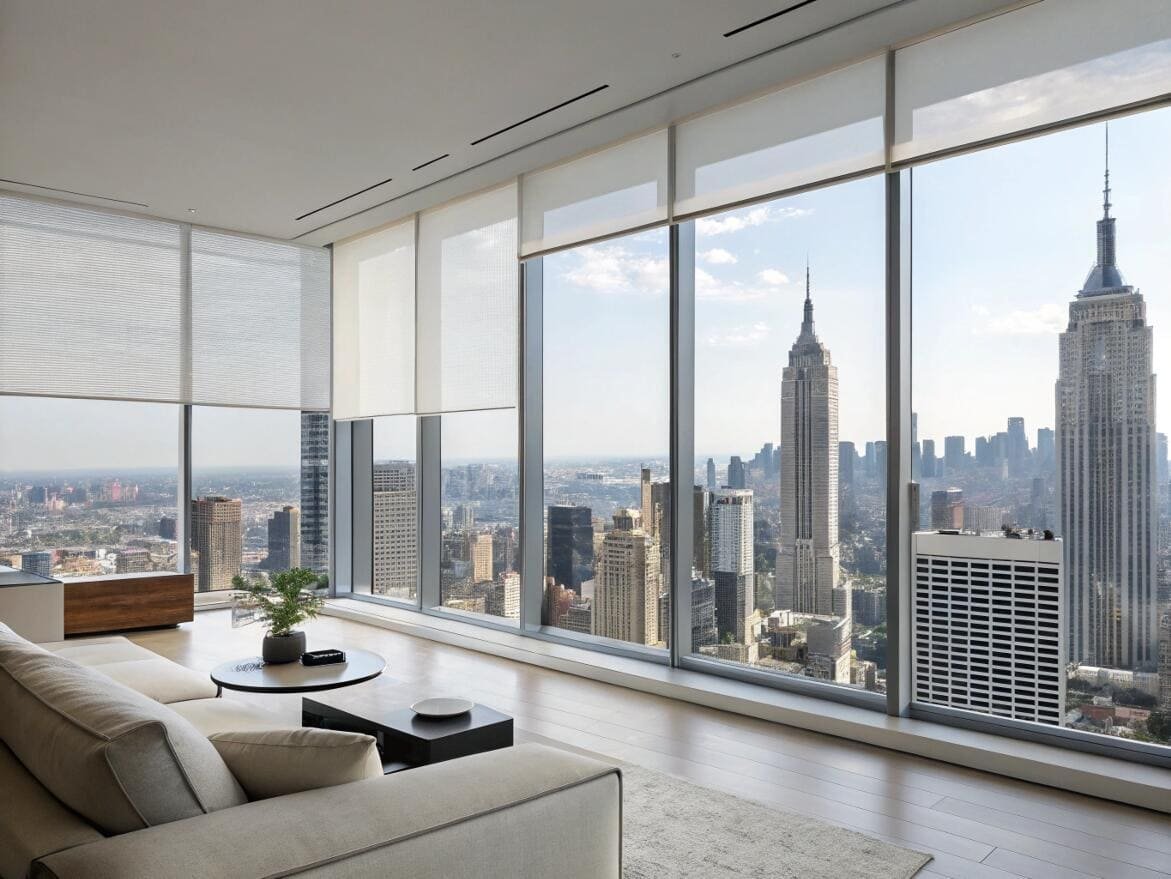
I advise designers to approach this as an architectural decision. Smart blinds, especially roller or cellular styles, integrate into the window frame. They disappear when open, creating a clean, modern look that emphasizes the view. They are architectural elements. Smart curtains are decorative layers. They frame the window, adding texture, color, and a sense of plushness to a room. They make a statement even when open. For a minimalist living room with floor-to-ceiling windows, smart blinds are the perfect fit. For a primary bedroom aiming for a cozy, five-star hotel feel, smart curtains are the clear choice.
How reliable are smart window coverings?
You worry about the technology failing. The thought of a client being stuck with an unresponsive curtain or blind is a nightmare that could damage your professional reputation.
High-quality smart blinds and curtains are very reliable. Their motors are tested for thousands of cycles. The key is to see them as a system; reliability depends equally on the motor, the power source[^5], and the stability of your smart home network.
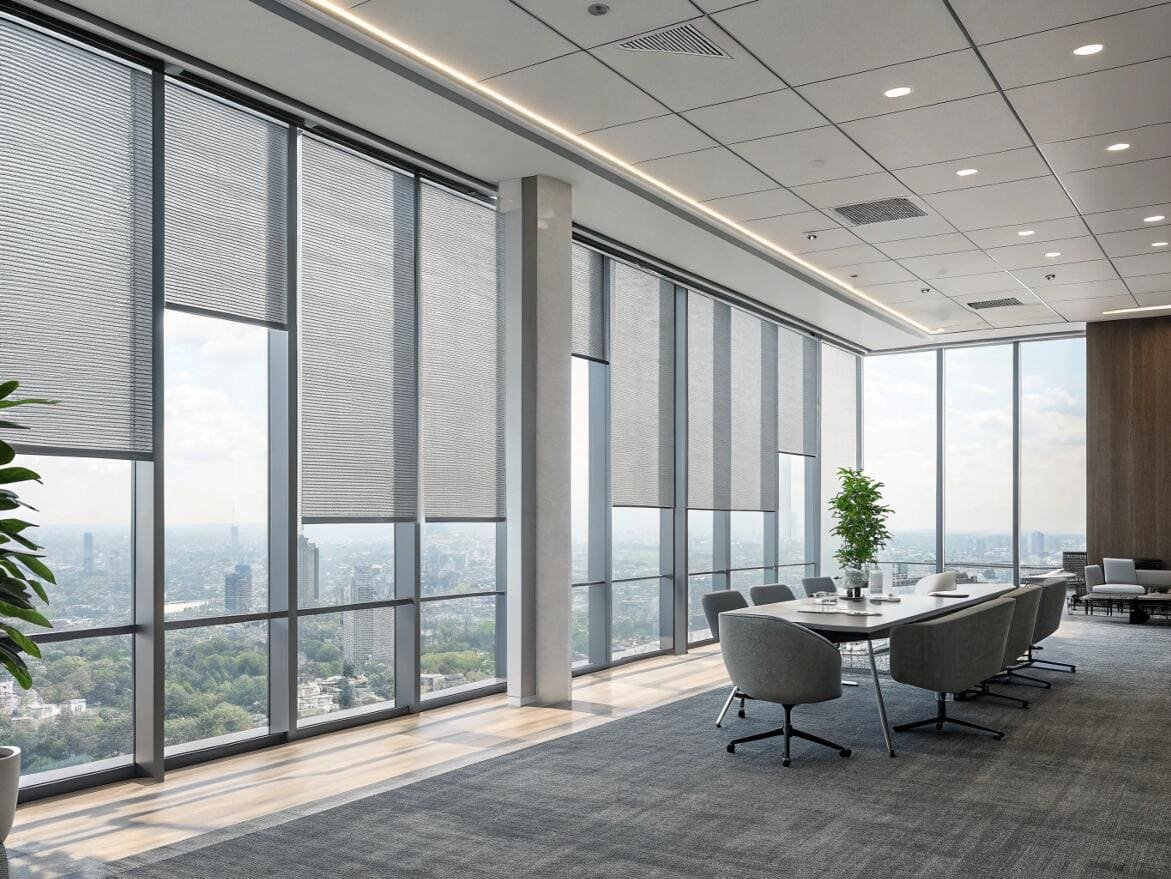
This is the biggest concern my clients have, and it's where we focus our "reliability engineering" approach. A motor that has passed a 10,000-cycle durability test is not the weak link. The potential issues usually arise from the surrounding ecosystem. Is the battery properly charged? Is the Wi-Fi signal strong enough to reach the smart hub? Are you using a quality power supply? That's why we guide our partners to think holistically. We specify robust motors, provide clear guidance on power solutions, and recommend ecosystem-ready products that communicate reliably with major hubs. Smart technology that works every single time is the only acceptable standard.
Do motorized blinds and curtains need to be plugged in?
You want automation without the mess. The idea of running ugly power cords down the wall to every window seems to completely defeat the purpose of a clean, modern aesthetic.
No, most modern smart window coverings are powered by discreet, rechargeable battery packs. This wire-free solution is the most popular choice for retrofits, offering easy installation and a clean look. Hardwiring and solar power are also excellent, specialized options.
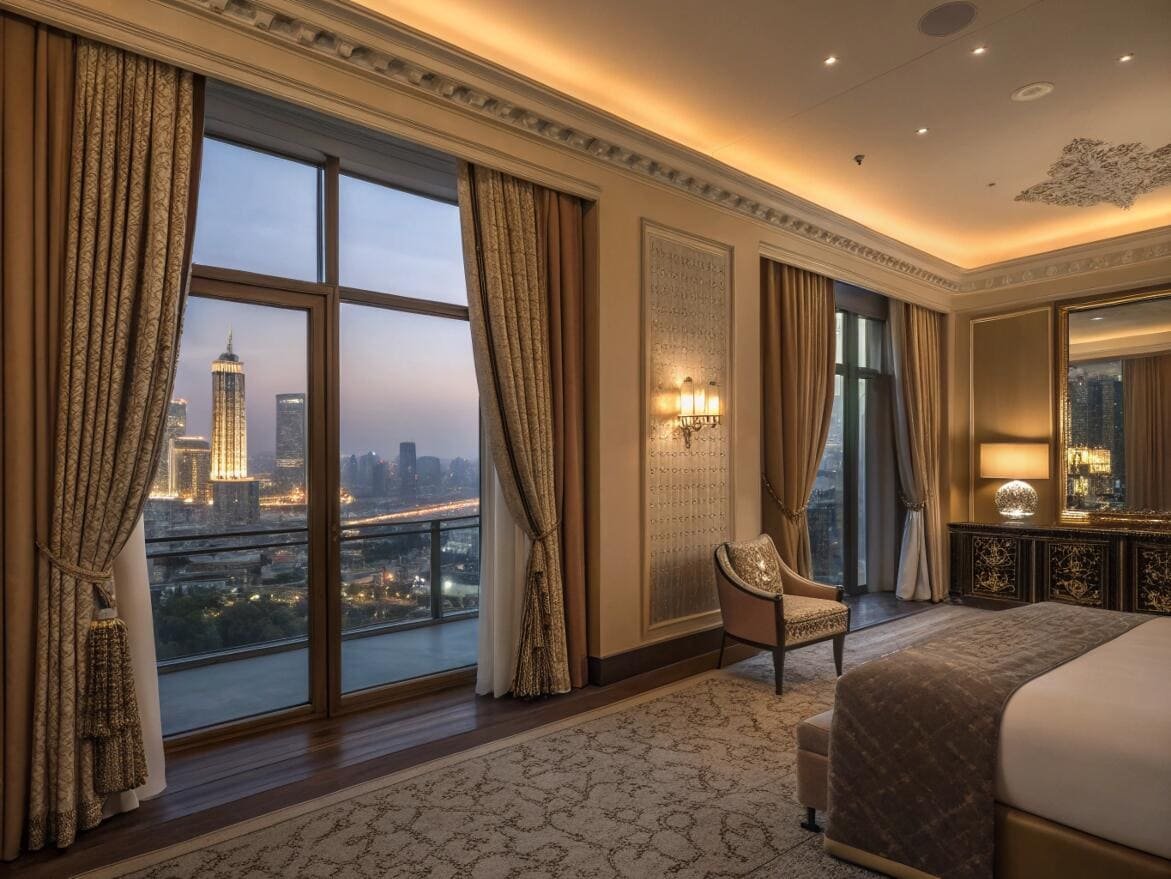
The power source is a critical part of the system architecture. For about 90% of the residential projects I supply, we use rechargeable lithium-ion battery wands. They are slim, hide completely behind the headrail, and last for 12-18 months per charge. This makes installation simple and clean. For new construction, I often recommend hardwiring. It costs more upfront to have an electrician run low-voltage wire, but it creates a truly maintenance-free system. It's about choosing the right power infrastructure for the project's scope and budget.
Power Options at a Glance
| Power Source | Installation | Maintenance | Ideal Application |
|---|---|---|---|
| Rechargeable Battery | Easy (DIY-friendly) | Recharge every 12-18 months | Retrofits, easy installation |
| Hardwired (Low-Voltage) | Professional Electrician | None | New construction, inaccessible windows |
| Solar Panel | Easy (DIY-friendly) | None | Windows with direct, consistent sun |
How do you future-proof your smart window investment?
Technology changes at a lightning pace. You're worried that the expensive smart system you install today will be obsolete and incompatible with new technology in just a few years.
Future-proof your investment by choosing systems that use open communication protocols like Zigbee, Thread, or the new Matter standard. These are designed for cross-platform compatibility, ensuring your window treatments will integrate with the smart home ecosystem[^6]s of tomorrow, not just today.
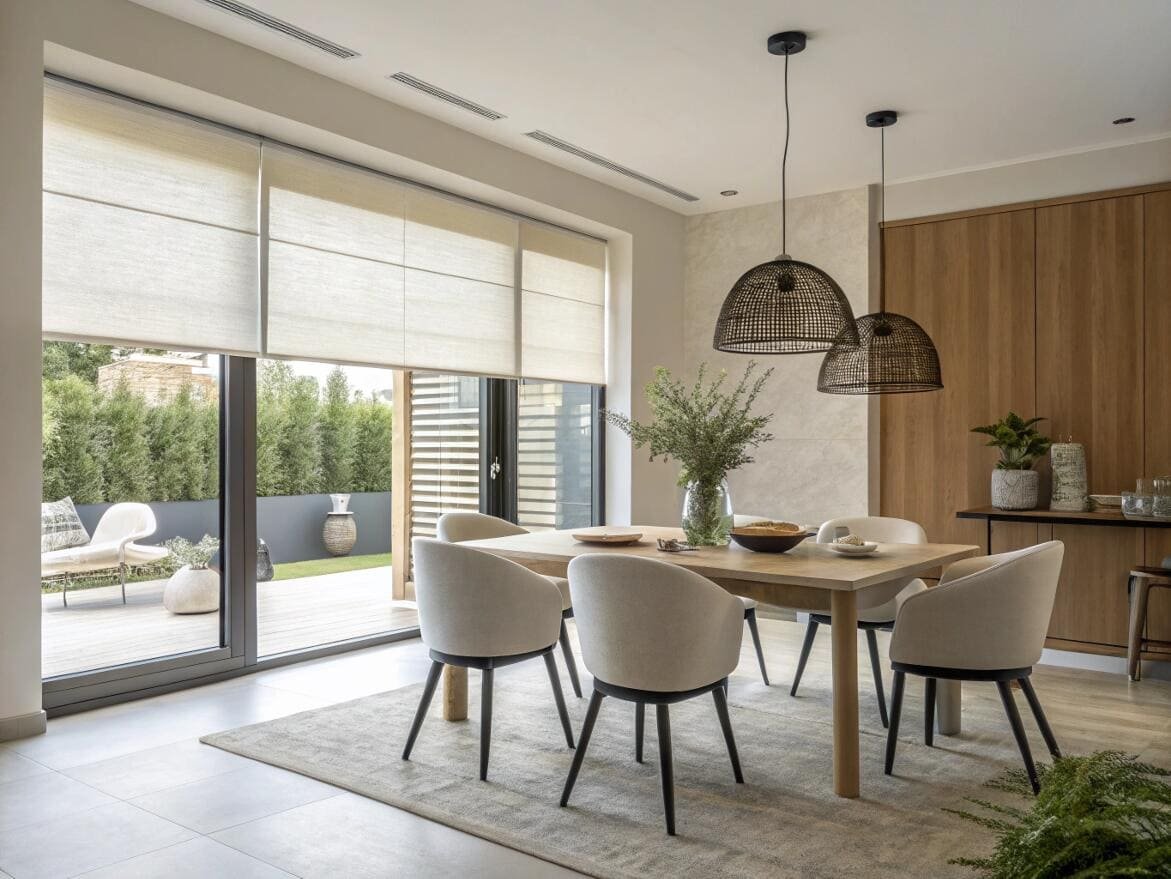
This is the most important part of the conversation for me now. I don't just sell a blind that works with a remote; I provide an "ecosystem-ready window solution." The biggest mistake is buying into a closed, proprietary system. The future is interoperability. That’s why we are heavily invested in products that support Matter. Matter is the industry's unified standard, backed by Apple, Google, and Amazon. Choosing a Matter-certified or Matter-compatible device is the safest bet you can make. It guarantees that the smart blinds or curtains you install for a project in 2025 will seamlessly communicate with the new devices and platforms that emerge in 2030.
How much does a smart window treatment system cost?
You need to provide your client with a realistic budget. A vague price range is unhelpful when you are planning a high-end project with precise financial targets.
On average, you can expect to pay $300 to $1,000+ per window for a complete smart blind or curtain system. The cost varies based on the size, fabric quality, motor brand, and the complexity of the smart home integration required.
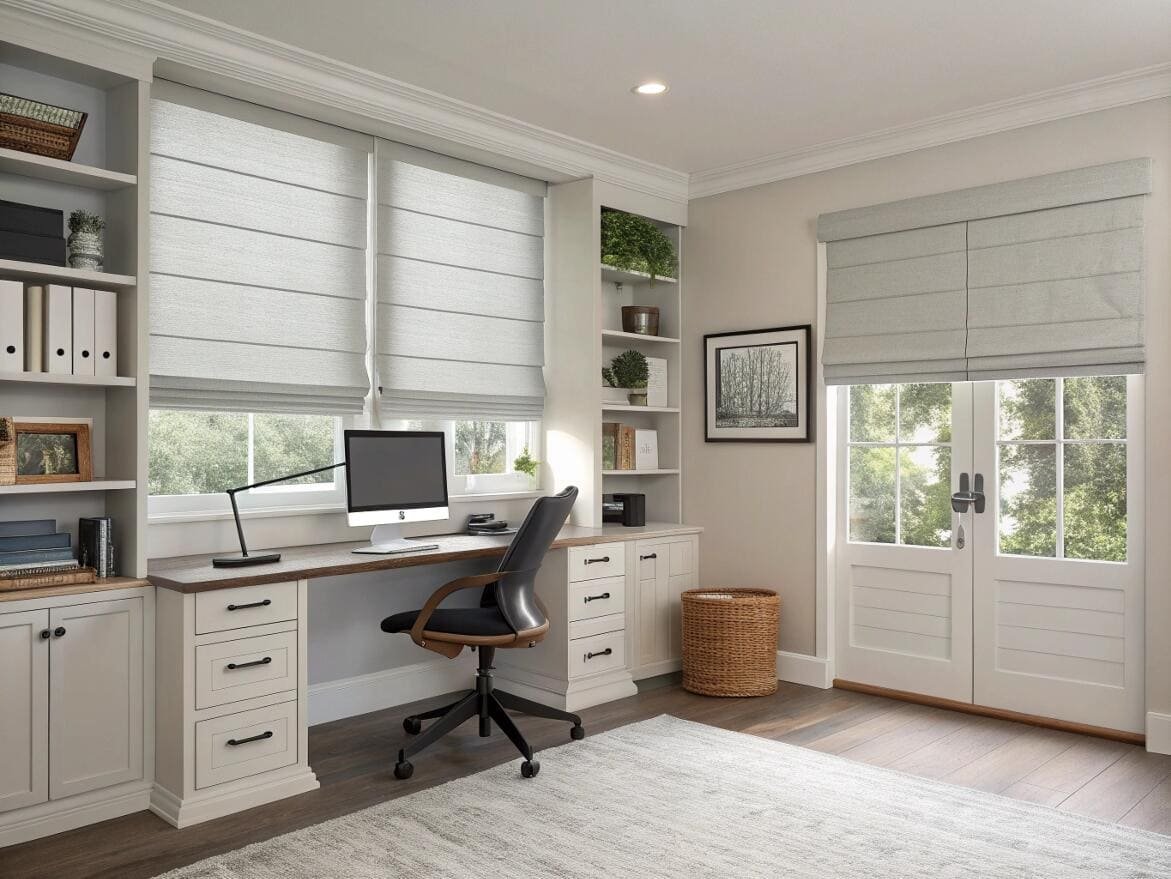
To give my project partners a clear picture, we always break down the "total cost of ownership." The initial purchase is just one piece. For a truly professional proposal, you have to factor everything in.
Smart Window Covering Cost Breakdown (Per Unit)
| Cost Component | Smart Blinds (Example) | Smart Curtains (Example) | Notes |
|---|---|---|---|
| Hardware | $150 - $600 | $100 - $400 (Drapery) | Cost of the actual blind/curtain. |
| Motorization | Included in price | $150 - $500 (Motor & Track) | The automation hardware itself. |
| Power Source | Included (Battery) | Included (Battery) | Hardwiring adds electrician costs. |
| Control | $25 (Remote) | $25 (Remote) | Basic remote control. |
| Smart Hub | $80 - $250 | $80 - $250 | Required for App/Voice/Automation. |
| Estimated Total | $255 - $925 | $355 - $1,175 | Average installation cost per window. |
This transparent approach helps manage client expectations and reinforces the idea that this is a planned infrastructure investment, not just a simple purchase.
Conclusion
The right choice isn't blinds vs. curtains. It’s about selecting the best smart window infrastructure that integrates reliability, performance, and future-proof technology into a cohesive smart home ecosystem.
---
[^1]: Explore how smart blinds enhance energy efficiency and modern convenience in your home.
[^2]: Understand how Matter compatibility ensures your devices work seamlessly together in the future.
[^3]: Find out how to assess the return on investment for smart home technologies.
[^4]: Discover how smart curtains can transform your space into a luxurious retreat.
[^5]: Explore various power options for smart window treatments and their benefits.
[^6]: Understand the components of a smart home ecosystem and how they interact.
Partner with VelaBlinds for Your Next Project
Smart window treatments shouldn't be complicated. After working with 500+ distributors and contractors worldwide, I've streamlined the process to get you quality products, competitive pricing, and reliable support - every time.
Why project professionals choose VelaBlinds:
- ✅ Fast, Accurate Quotes - Detailed specs and pricing within 24 hours
- ✅ Transparent Pricing - No hidden fees, volume discounts clearly outlined
- ✅ Quality Assurance - Direct partnerships with certified OEM manufacturers
- ✅ Project Support - Dedicated account manager from quote to delivery
Start your next project:
📧 Quick Quote: Send your requirements to info@velablinds.com
📱 Direct Contact: WhatsApp +86 137 2012 8317
🌐 Browse Solutions: https://velablinds.com/
📁 Product Resources: Access spec sheets, catalogs & project files
Paul Chen, Founder
"I built VelaBlinds to solve the real challenges I faced as a project buyer - long lead times, unclear specs, and unreliable suppliers. Let's discuss how we can power your projects with smarter blinds."
Serving distributors and contractors across North America, Europe, and Australia since 2018.

